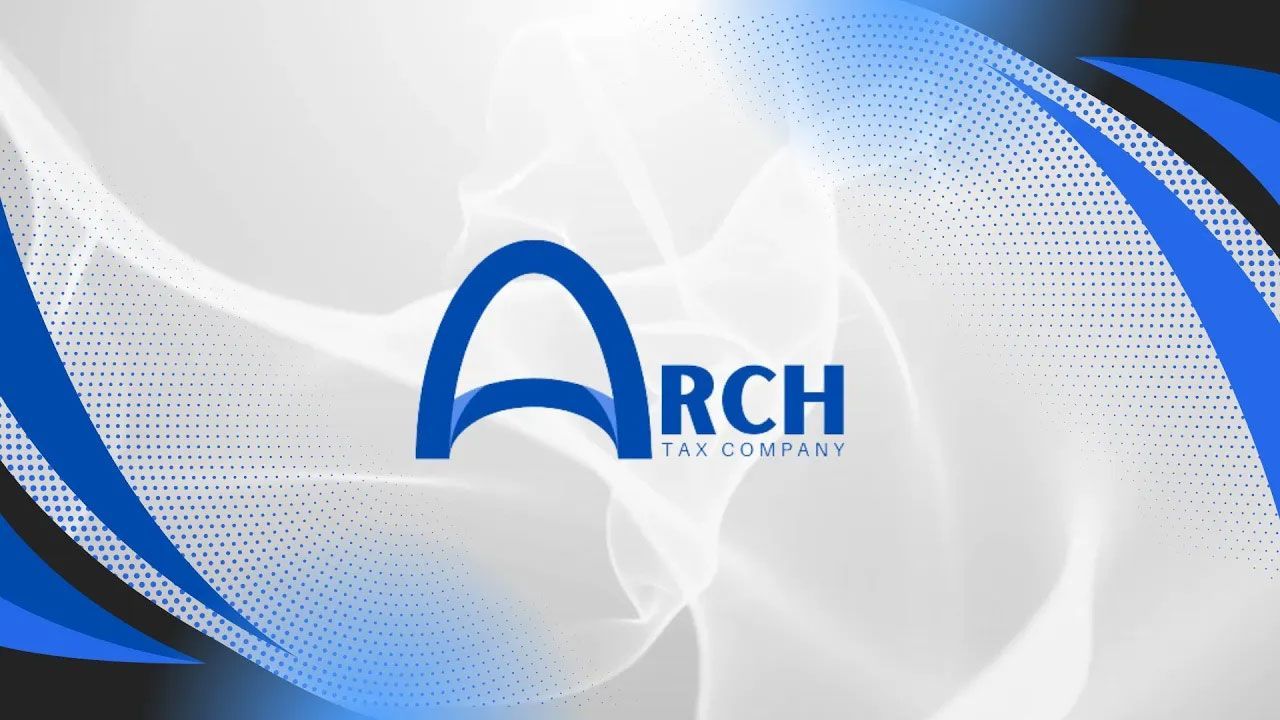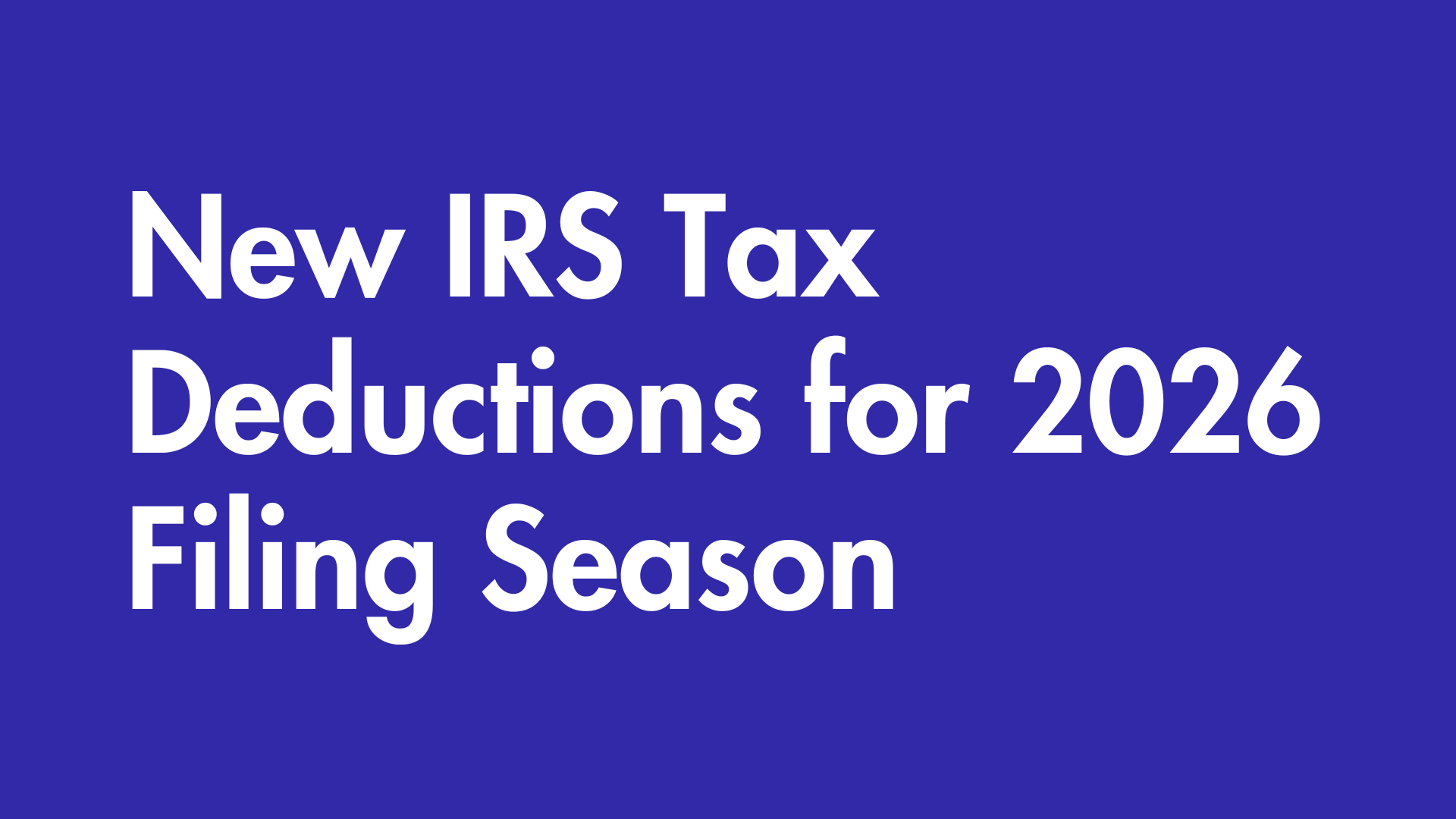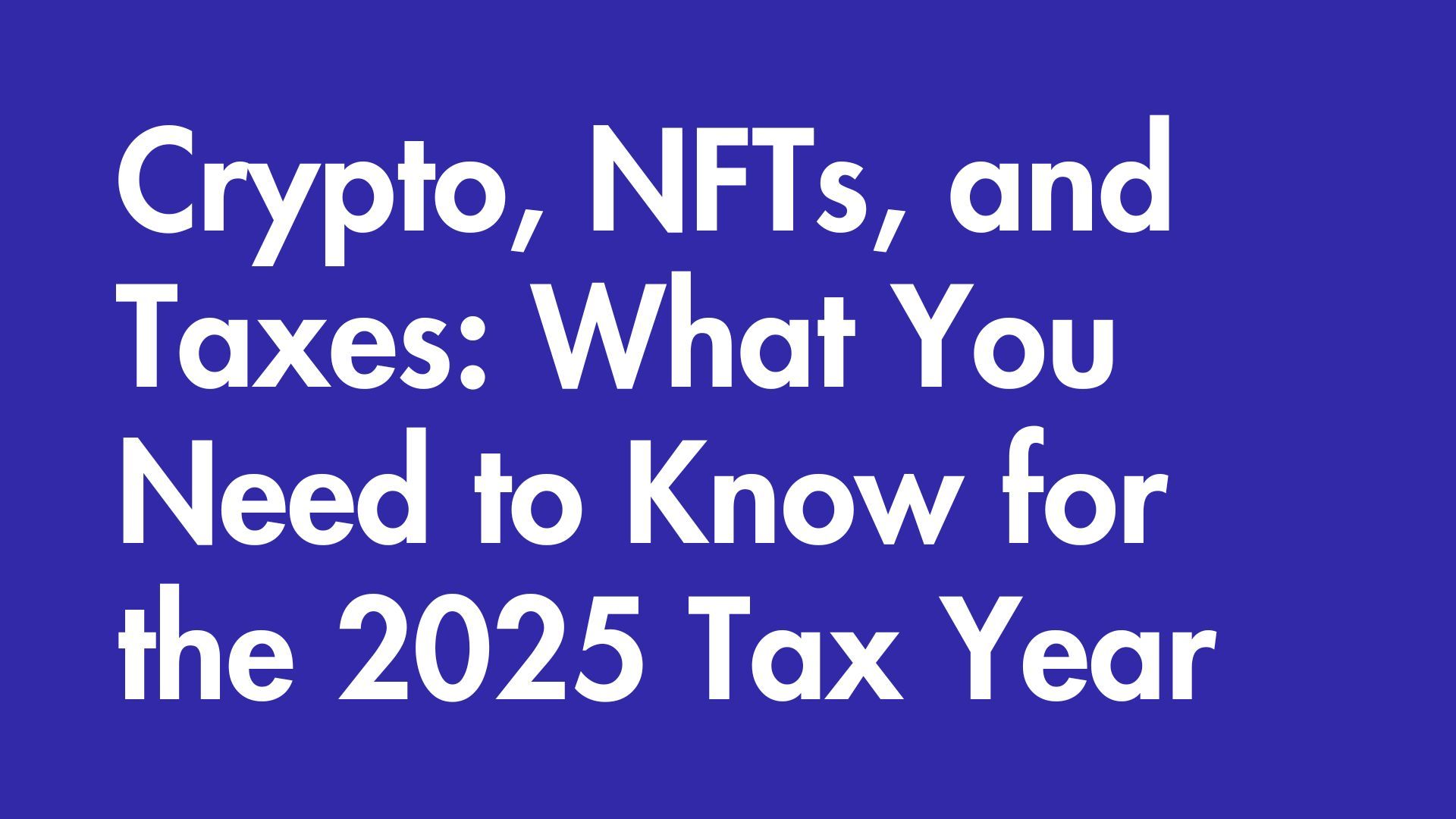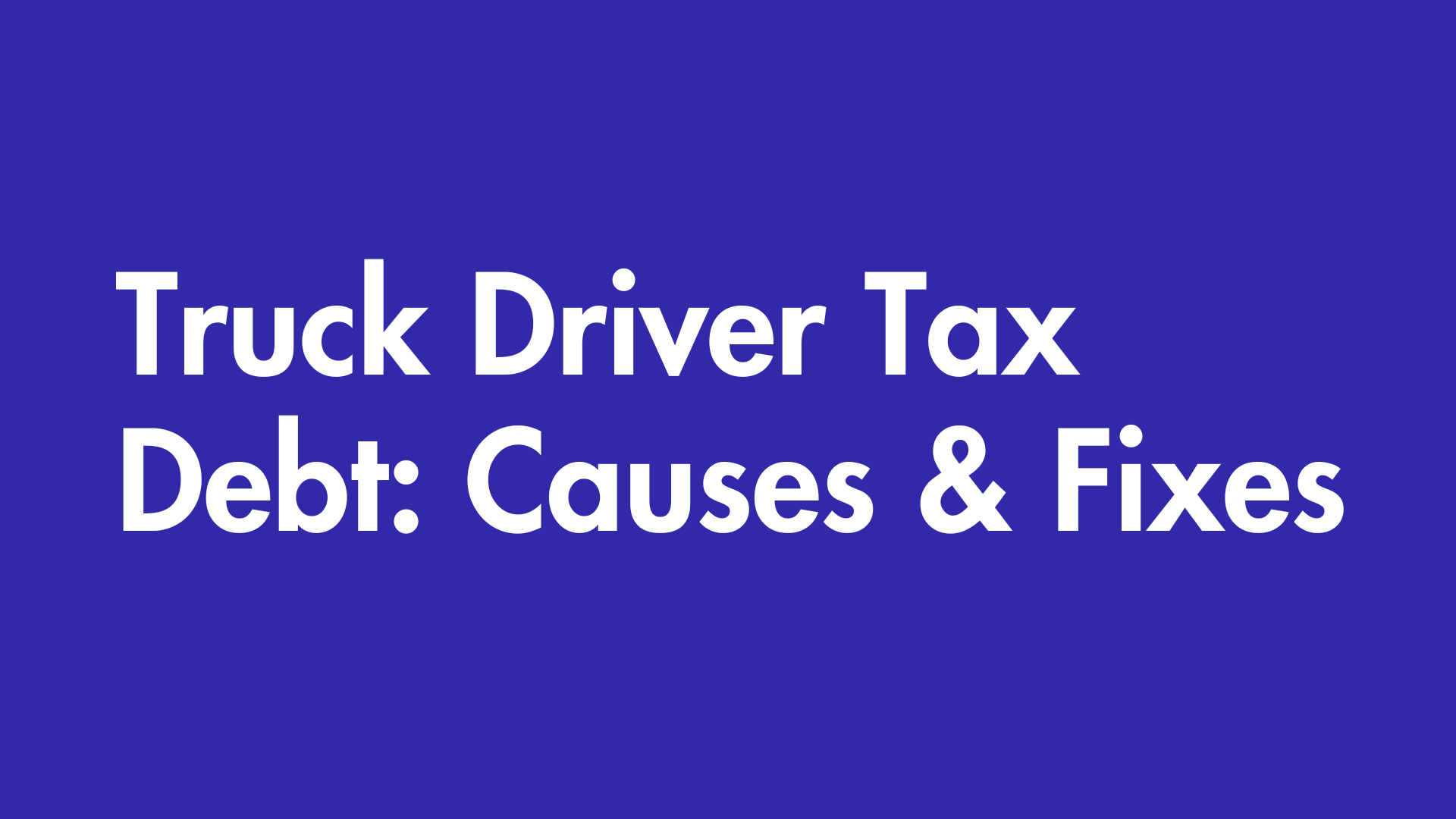Got an IRS Notice? Learn the Top Codes
Why You Got a Letter from the IRS
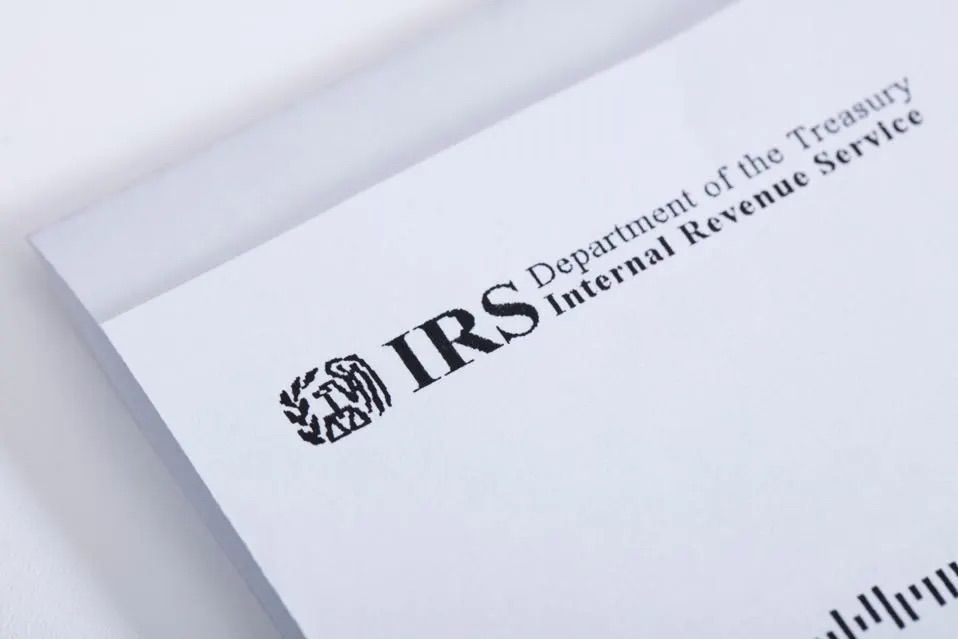
The IRS sends letters for a few main reasons:
- You owe taxes or missed a payment
- You didn’t file a return (or there’s a problem with what you filed)
- You’re due a refund or adjustment
- They need more information to process your return
- There’s a suspected identity issue
Each letter includes a notice number, usually in the upper right-hand corner (example: CP14, LT11, 5071C, etc.). That code tells you what the letter is about.
Top IRS Notice Codes You Should Know
CP14 – Balance Due Notice
This is the most common IRS notice. It means you owe money—whether it’s from an underpayment, late filing, or adjustment. It’s the IRS’s way of saying, “We see a problem. Pay up.”
CP501 or CP503 – Reminder You Still Owe
If you ignore the CP14, you’ll likely get one of these next. They’re follow-up notices reminding you of your unpaid balance and potential penalties.
LT11 or CP504 – Final Notice Before Levy
This is the serious one. It means the IRS is about to take action—like garnishing wages or levying bank accounts—if you don’t respond. Time to get professional help.
5071C – Identity Verification Needed
The IRS needs to confirm you actually filed your return. Until you verify your identity online or by phone, they won’t process your return or issue a refund.
CP2000 – Unreported Income
This notice means the income on your tax return doesn’t match what third parties (like banks or employers) reported to the IRS. It often results in a proposed tax adjustment.
Need More? Here’s the Full List from the IRS
Want to see every IRS notice code and its meaning? Check out the official IRS reference page:
IRS Notices and Letters – What They Mean
What to Do If You Get a Letter
- Don’t ignore it. Even if you’re scared or confused.
- Read it carefully. Note deadlines, amounts owed, and next steps.
- Respond promptly. Many notices can be resolved simply if you act quickly.
- Call us if you’re unsure. At Arch Tax, we can decode the letter and help you take the right next step.
Final Thoughts
IRS notices are part of the process—but they don’t have to derail your life. The key is knowing what they mean and how to respond.
Got a letter and not sure what to do?
Schedule a free consultation and we’ll walk you through it—no pressure, no panic.

